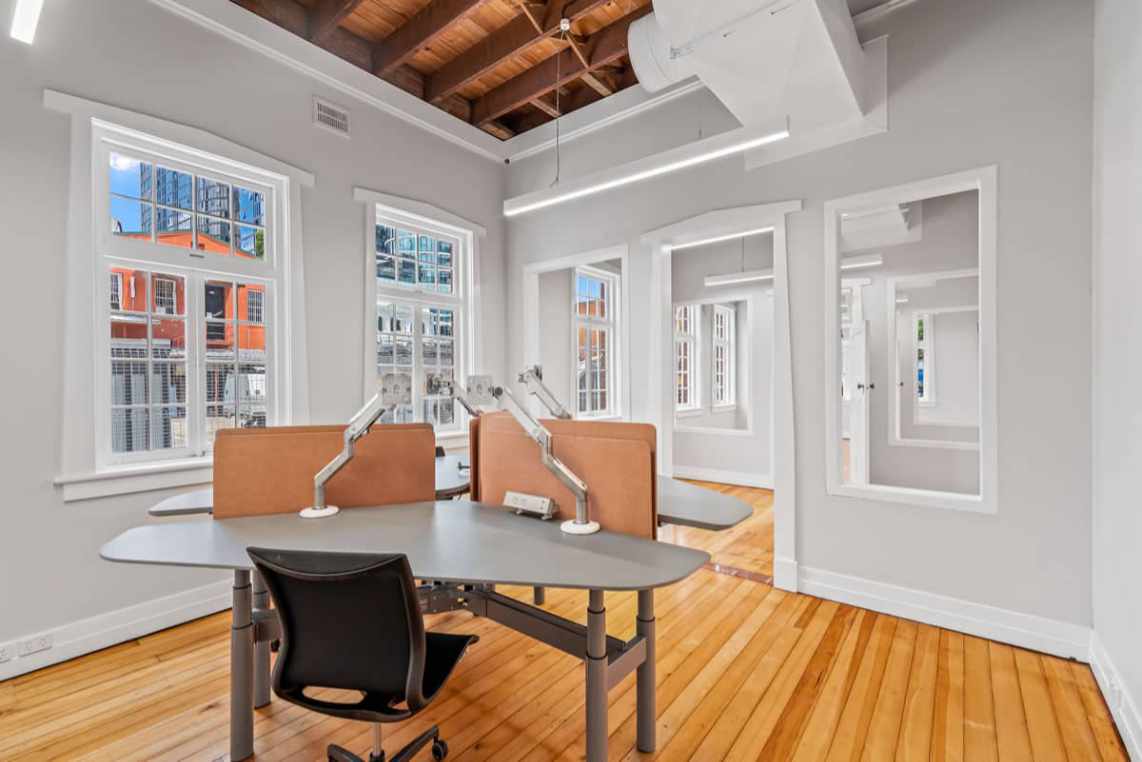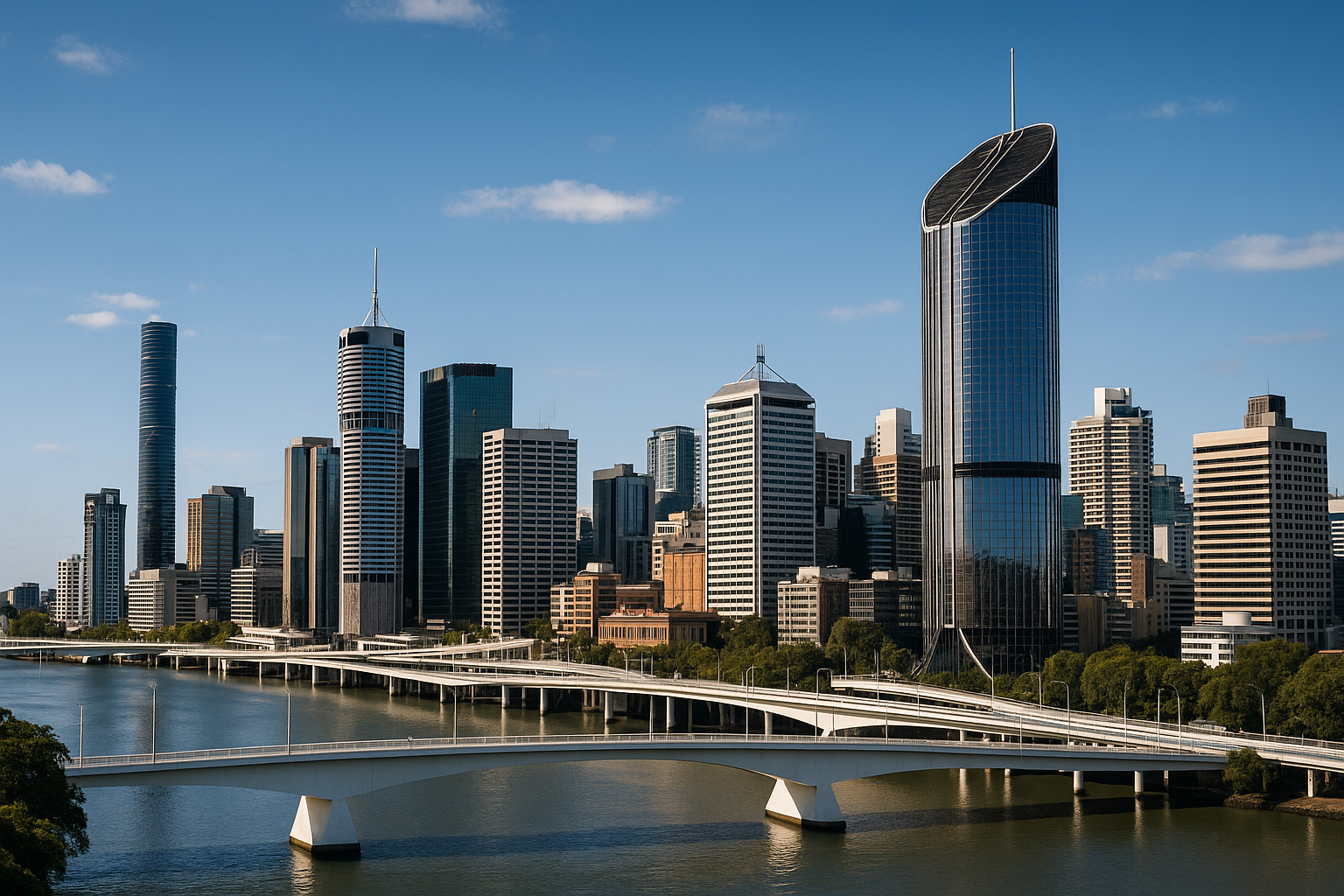What Is A 'Make Good' In Commercial Property?
A make good clause in commercial property is a requirement to restore the property to a certain condition at the expiry of a lease.
This could include leaving it completely empty, clean or lightly refurbished - such as repairing any damage - to ensure it is in the original condition as the day the lessee moved in.
Make good provisions are important so the property is able to be rented out to another tenant.
It is very important that all parties understand their lease and what their make good clauses actually entail, and how they could affect you as a tenant or a property owner. So, what is a make good? Find out here.
The definition of ‘make good’
The definition of make good in commercial property is a clause that sets the obligation to restore an office space to a certain condition.
The standard of refurbishment should be determined in the lease agreement and is typically negotiated in the Heads of Agreement.
This can range from the removal of property or basic repairs, returning the office to a specific condition as outlined in a condition report, all the way to restoring the property to its original state which may be open plan.
It is an important element of a commercial property lease, and all parties should take care to understand what an office make good means.
What are the obligations of a ‘make good’ clause?
The specific requirements of a make good clause should be outlined in the original tenancy agreement, with the consent of both the tenant and the property owner.
When negotiating the terms of the agreement, consideration should be given to make good provisions given they can lead to legal disputes.
It is good practice to obtain a condition report during lease negotiations, so that the original state of the property is recorded. This could include a written report, photos and videos that record the detailed condition of the property.
At major commercial properties, these condition reports are conducted and signed off by independent assessors.
What Are ‘Make Good’ Standards?
Make good standards vary according to the legal contract between tenant and landlord. This could be:
- Removing detachable property: Commonly referred to as “soft furnishings”, this could include desks, filing cabinets and bookcases. This is the most minimal make good clause and is not common.
- Removing property and basic restoration: This standard requires tenants to restore the condition to the condition in the entry report. Taking away furniture, repainting, removing wallpaper, and doing repairs are all part of a basic restoration.
- Returning to the original condition: If this is the make good clause of the lease agreement, tenants have to remove any fit-out that they have built and restore the property to its original condition.
- Restoring to ‘base build’ or ‘bare shell’ state: This is where all fit out is removed, new carpet is installed, along with a new ceiling including lights and tiles.
What are the costs of ‘make good’ requirements?
The cost of restoring a property through an office make good clause depends on the original contract between tenant and owner.
In some agreements, instead of conducting the make good repairs, the tenant can instead opt to pay a fixed fee and the owner undertakes all works.
One benefit of negotiating a payout in lieu of the undertaking the works, is that if the make good is not conducted to the satisfaction of the owner, the tenant may be liable for additional costs.
When negotiating a pay out, if the tenant and owner are unable to reach an agreement on the costs, an independent certified quantity surveyor can be appointed to make a determination on the final amount to be paid.
Make good inspections
When a tenant has ended their lease agreement and moved out of a commercial property, an agent or owner will typically conduct an inspection to assess its condition.
The inspection is done to determine whether the property is up to the agreed standard or if there are outstanding repairs or renovations required.
If there is a disagreement between the parties, an inspection may be conducted by an independent third-party, such as a representative from the Australian Institute of Quantity Surveyors.
The importance of a tenancy condition report
When considering make good clauses in a commercial property lease, one of the most critical elements is the initial condition report.
This sets out the property’s original condition, or its condition at inspection.
In the event of a dispute, or if the make good clause requires restoration to the original condition, then a tenancy condition report sets out how the property should be restored.
An accurate condition report can reduce the chance of a legal dispute.
Understanding a make good clause is important
When negotiating a commercial property lease, it is important to understand all the rights and responsibilities for both parties.
Failing to do so, or misunderstanding an obligation, can lead to disputes, legal headaches, and additional costs.
.svg)


